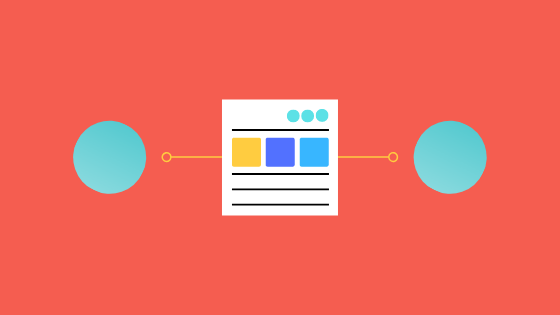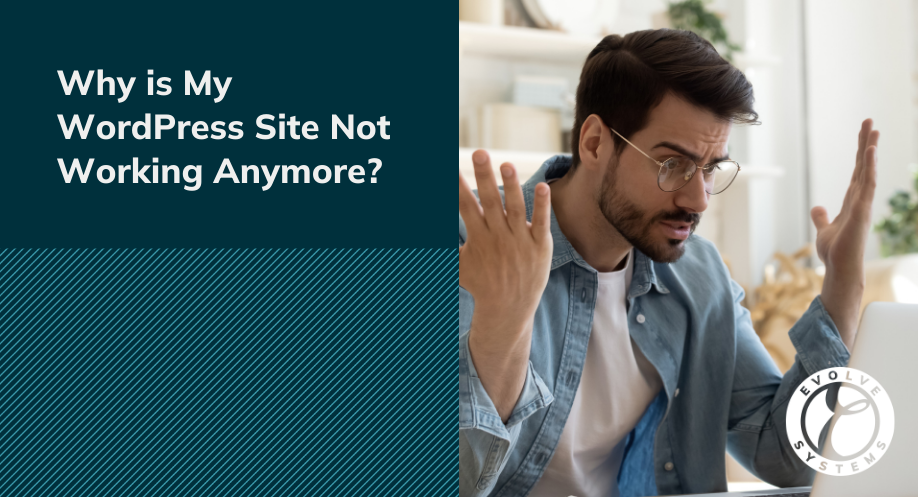What are WordPress Plugins?

Plugins are basically mini-applications or features that run on top of WordPress. Each plugin is designed for a certain function that will satisfy a company’s website goal. It is like adding a stereo system to a car because you enjoy louder music or adding a porch to your house because you like sitting outside. Using plugins in WordPress adds that extra function your company needs to excel, such as being able to live chat with customers or improving your website’s SEO. Although plugins garner many benefits, there still remain downsides to installing too many plugins.
Disadvantages of WordPress Plugins

Increases Vulnerability
Each plugin installed on your WordPress website increases your potential attack surface. Since you are running more code, your odds of having a security vulnerability exploited go up. Also, each plugin added to your site potentially represents another developer you are trusting to keep you safe. The hope is that these developers are writing secure code, will respond quickly to vulnerability reports, and keep your best interests in mind, but, in the end, there is no guarantee they will do those things. It is ultimately up to you, as the website owner, to maintain your website, run checks for security vulnerabilities, update plugins, and remove plugins.
Since each plugin contains additional files, it subsequently makes your website larger. It also increases the upkeep of your website because each plugin will need to be updated from time to time. As the number of plugins used on your website increases, your website can become more susceptible to exploitation because of the files that are added.
Slows Down Your Website
Additionally, when a website grows in file size, it becomes slower because it takes longer to load all of the information. A truck will go slower when it is hauling a heavy trailer, such as a website page speed becomes much slower when it has to run more plugins. When a website load time is slow, it can influence a visitor’s decision to leave your site, ultimately impacting your sales.
Deactivate Unneeded Plugins
Reducing the number of WordPress plugins decreases website security vulnerability and increases website page speed. But, this does not mean you should remove all your plugins. WordPress plugins still offer tremendous benefits, but it is important to weed out plugins you no longer use or are outdated. These offer no upside but instead they contribute to the risks mentioned above. Eliminating unused plugins allows more resources and space for the plugins that really matter.
You have the option in WordPress to deactivate (turn off) plugins that are not being used, which can be a good approach if you find that your website isn’t functioning properly and think it might be due to a faulty plugin. If you find that deactivating a plugin solves your issue, then it is best to do a full uninstall of the plugin if you’re positive you won’t need the plugin again in the foreseeable future.
What WordPress Plugins to Keep

While each website’s required functionality is different and may require specific plugins in order to operate, there are a few types of WordPress plugins that are consistently worth having in order to improve the overall quality of your site:
- Security plugins
- Page speed plugins
- User engagement plugins
- SEO plugins
Ideally, you would keep plugins that are important for the goal you have for your website and that improve your bottom line. It can be easy to stockpile plugins or forget to clean up your WordPress database, but being proactive in removing unused or outdated plugins will keep your website safe and speedy.
Does your website use plugins?
Most likely, the answer is yes. WordPress is a powerful content management system (CMS) because it is highly supported by various plugins. But to keep your website running and plugins doing their job, you need to continually assess their performance and update or fix any issues that pop up. If you have the in-house technical team, we recommend doing monthly check-ins to ensure month after month you’re website is at its prime. If you don’t have the in-house team or capacity, you can partner with a digital agency for monthly website support.
At Evolve Systems, our Technical Webmaster Services do just that! We make sure your plugins are doing what they’re intended to. Check out our website support services.









